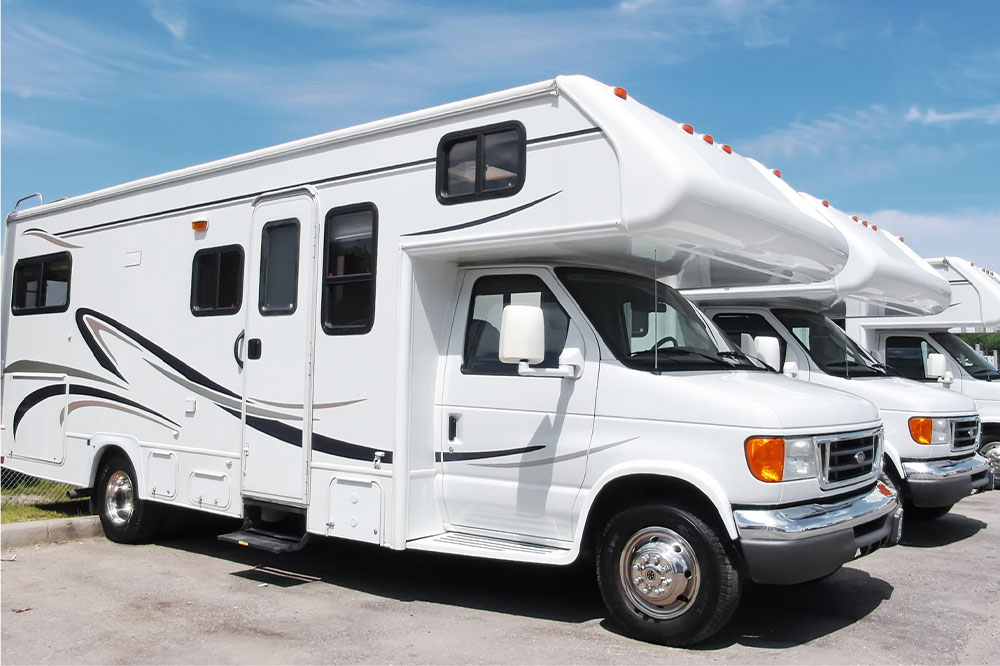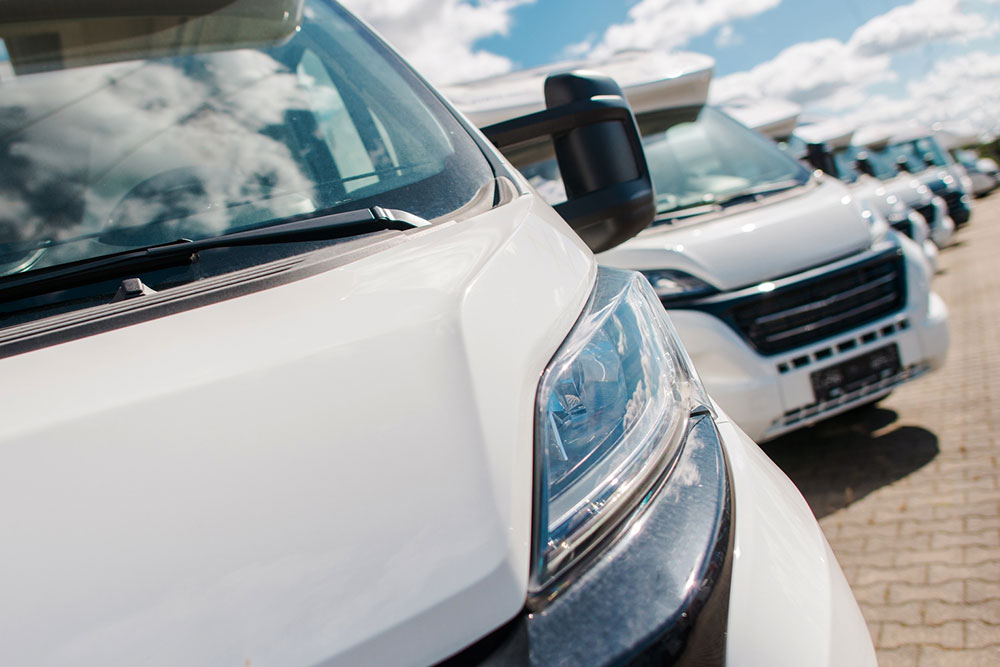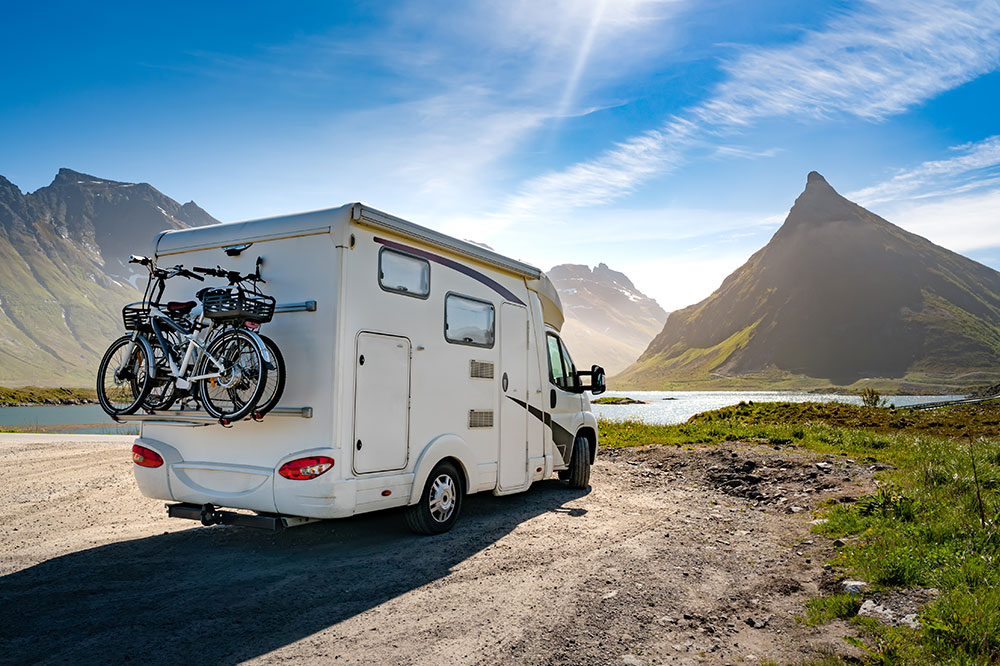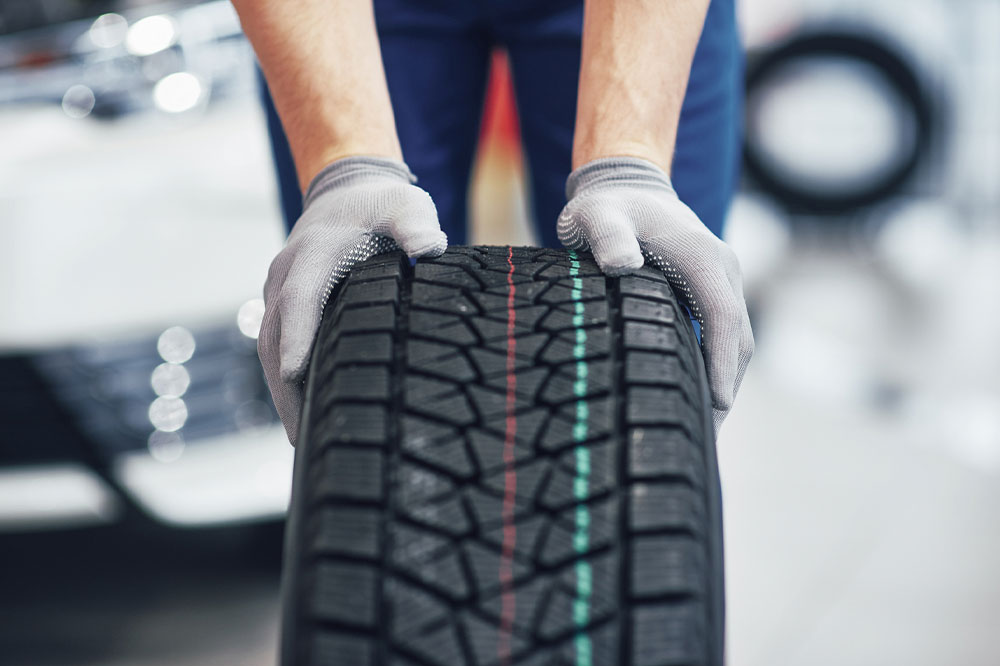9 Important Things to Check When Buying an RV

More than 9 million people in the country own a recreational vehicle or an RV. The RV industry impacts approximately $140 million of the country’s economy. Millions in the country are looking into buying an RV, with the number expected to grow steadily over the years. But, as with any other vehicle, multiple factors need to be considered when buying an RV. Finances, the vehicle’s condition, model, and capacity are just a few of those factors.
Flat or blown-up tires
Don’t overlook the tires. Start with checking that the tires aren’t too old. Prefer new tires with the RV as much as possible. And don’t be fooled by how old or new the tires look. Go a step ahead and cross-check the age of the tires instead of just assuming they are new based on their appearance. It is important to note that a blow-up in an RV can be even more tragic than a car. Experts suggest changing RV tires every 5 years to be safe from catastrophes. The DOT label present on the sidewall will give you the information you need about the tire’s age. The four-digit code on the label indicates the week and year the tire was manufactured.







